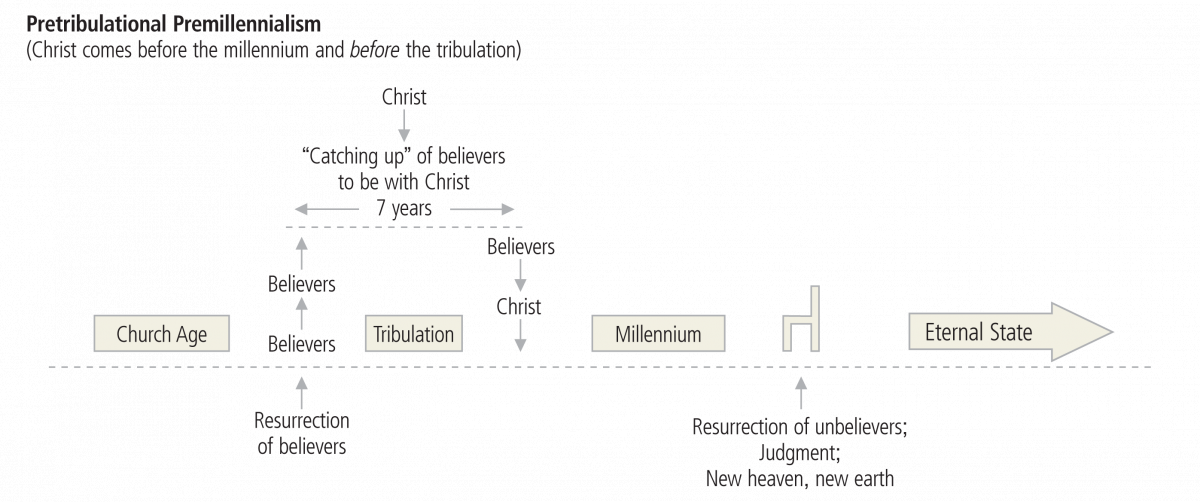Christ the Elect
Our Confession states that the Lord Jesus was chosen, called and ordained by God to the office of the mediator. He was chosen by God for this office according to the Covenant of Redemption between them (see Chapter 7 on the Covenant of Redemption). We said in Chapter 7 that the Covenant of Redemption was the eternal covenant between the Persons of the Trinity, which laid out their roles in the self-glorification of God and the redemption of God’s elect. The Father was to elect a people and give them to the Son. The Son was to redeem the people whom the Father gave to Him. The Spirit was to apply the benefits of Son on their behalf to them and indwell them.
Christ was chosen by the Father from before the foundation of the earth to be the Savior of God’s people. God’s plans had Him as the center. In Ephesians 1:3-6, we read that before the foundation of the world we were chosen and predestined in Christ for salvation, meaning that Christ was already then chosen to be the Savior of God’s elect. He is the only One who can save us. We also read about the Servant Messiah in Isaiah’s prophecies. In Isaiah 42, we read—
Isa. 42:1 Behold my servant, whom I uphold, my chosen, in whom my soul delights; I have put my Spirit upon him; he will bring forth justice to the nations.
The Servant of the Lord is none other than the Lord Jesus Who is prophesied about before He came on the scene. He is the Lord’s chosen and He is in whom God delights (Matt. 3:17; 17:5, etc.). We also read of Christ being the chosen of God and in whom God delights in the New Testament Scriptures often with allusions to the Old Testament (John 6:27; 1 Pet. 2:4-6). Christ is the prime elect of God, and all the believers have been elected in Him and when they come to faith, they become united with Him.
Christ the Priest and Mediator
Our Lord is not only the prime elect of God,...










